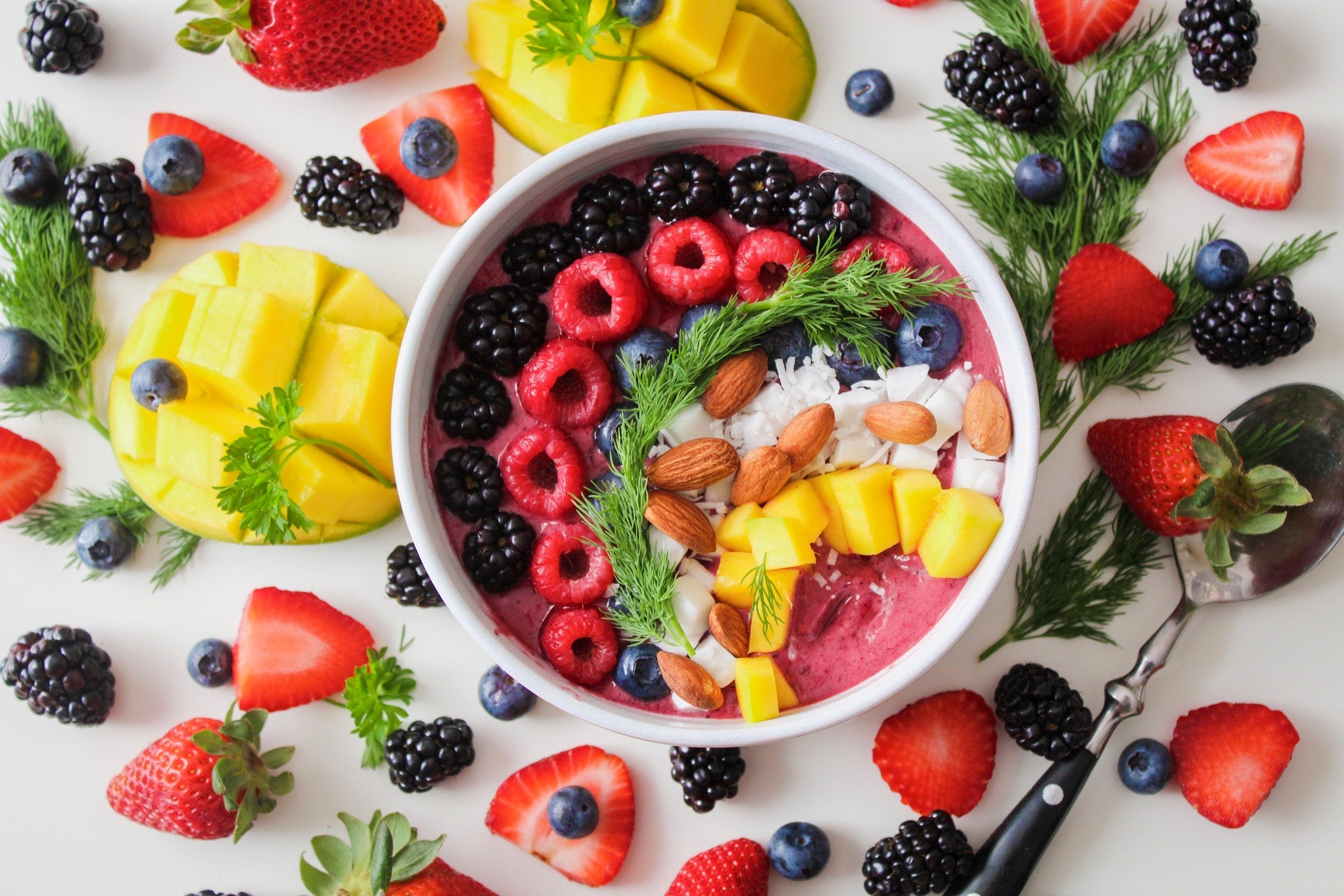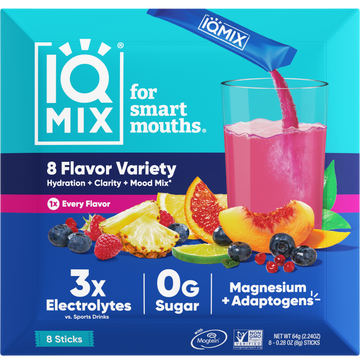The link between food and mood in popular culture centers largely on blunt, high-level concepts. Take Snickers commercials for example - they effectively villainize hunger's temperamental effects with their tagline: "You're not you when you're hungry." But diet's true impact on how we feel is quite a bit more nuanced than hunger begetting unhappiness and food cheering us up.
Turns the types of food we eat largely determine how happy we are - both immediately following consumption, as well as hours later (ever felt great right after eating McDonald's, but felt terrible afterwards?). Thus, we've put together four food categories that have been scientifically shown to sustainably elevate temperament. Happy eating!
_________________________________________________________________________
1. Probiotic Foods

Mounting research has also linked probiotics with elevated mood due to three primary mechanisms. First, a healthier gut supports the creation of mood-critical neurotransmitters like serotonin. Second, studies have found that people who take probiotics have lower levels of cortisol, a hormone tied to stress. Third, probiotics can reduce inflammation in the brain, which in turn lessens odds of depression.
2. Leafy Greens
Leafy greens like spinach and chard are incredibly high in magnesium, a mineral critical to many of the body’s biochemical reactions. More specifically, when we become stressed, magnesium plays an important role in virtually all components of our stress response and recovery. Unsurprisingly, magnesium has been shown to benefit folks who struggle with chronic stress and depression.

Here’s the problem: between 80-90% of Americans are deficient in this mineral. Men are supposed to get 400-420mg/day and women need 310-320mg/day, yet studies have shown both genders fall short by hundreds of milligrams on average. This is due to a combination of soil's mineral deficiency, stress (which causes us to burn magnesium), alcohol and caffeine consumption, and various other factors. So eat your greens!
3. Adaptogens
In late February, we posted on adaptogens, compounds that aid the body in adapting to stress and fatigue. One of the coolest aspects of adaptogens is that each one serves a distinct purpose. Feeling tired? Consume some Cordyceps. Looking to wind down? Try Reishi. This diversity of potent functionality has contributed to a rapid rise in their popularity in recent years.

So which adaptogens are best for mood elevation? Well, it depends. For example, the Rhodiola Rosea herb has been shown to have meaningfully uplifting effects on those with mild depression. For those suffering from chronic stress and/or anxiety, the Ashwagandha mushroom has shown promise. And for those dealing with inflammation (which is closely linked to poor mood), the Chaga mushroom may be a good fit.
4. Polyphenol-Rich Foods
Foods rich in polyphenols confer a whole host of benefits on the brain. Many of these benefits are mood-related. For instance, cacao and its derivative dark chocolate – both rich in polyphenols – have been found across numerous studies to make subjects meaningfully happier (and sharper). Colorful berries, and blueberries in particular, have also been shown to boost people’s moods.

Scientists believe polyphenols improve mood primarily by reducing inflammation and free radicals in the brain. Polyphenols are themselves anti-oxidants, but are also activators of Nrf2 proteins in the body, which find and repair damaged molecules on a massive scale throughout the body. It’s also important to note the polyphenol-rich foods like cacao tend to contain other compounds that improve mood like anandamine (anxiety-reducing neurotransmitter), tryptophan (amino acid that converts to serotonin), and caffeine.




